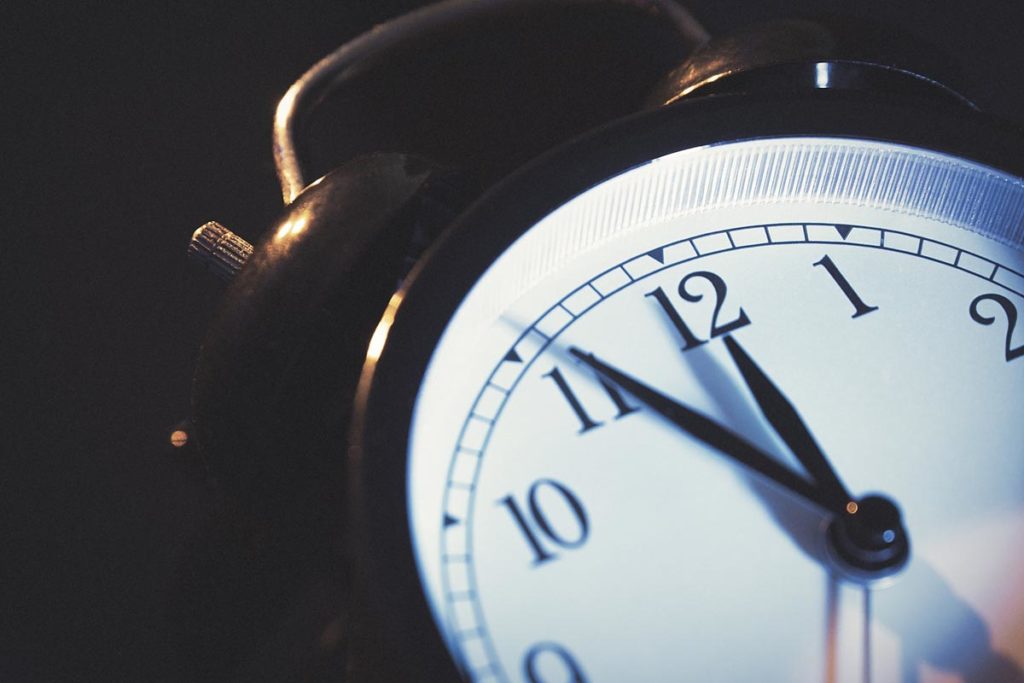Cocaine is a powerful and highly addictive stimulant drug. When abused, cocaine can quickly take control of someone’s life as they start developing dependence and addiction to the drug. But how long does cocaine stay in your system after dosing? Call 888.341.3607 to speak with someone from Ashwood Recovery’s knowledgeable and experienced team about our program for cocaine addiction treatment and cocaine abuse treatment. We look forward to helping you or your loved one on the path to recovery.
What Is Cocaine?
Cocaine is derived from the coca plant and is most commonly snorted, smoked, or injected by those using it. Common symptoms of a cocaine high include the following:
- Alertness
- Anxiety
- Euphoria
- Increased energy levels
- Increased heart rate and blood pressure
- Irritability
- Paranoia
The effects are almost instantaneous and typically last for up to 30 minutes. The euphoria people feel after taking cocaine often motivates them to use it repeatedly, which can lead to addiction.
How Long Does Cocaine Stay In Your System?
The amount of time cocaine stays in your system depends on multiple factors such as body weight, metabolism rate, and amount of cocaine used. Generally speaking, traces of cocaine can be detected in urine tests anywhere from two days to three weeks after the last use. Blood tests detect traces of cocaine much quicker than urine tests, but they are not nearly as accurate. Saliva tests detect cocaine within 15 minutes up to two days after use, while hair follicle tests can detect traces up to 90 days after consumption—the longest detection window out of all testing methods for cocaine.
How Does Cocaine Addiction Develop?
Cocaine is highly addictive due to its intense effects on the brain’s reward system. It causes frequent users to become tolerant of the drug’s effects over time, requiring them to increase their dosage to achieve desired effects. This tolerance leads many users down a dangerous path toward addiction. Those struggling with cocaine addiction will compulsively seek out more coke despite any harmful consequences that may arise from their actions, such as financial issues or relationship problems with friends or family members.
What Are the Signs of Cocaine Abuse?
Some common signs of cocaine abuse include the following:
- An inability to concentrate
- Changes in appetite
- Erratic behavior
- Mood swings or personality shifts
- Secretive behavior
- Significant changes in sleeping patterns
- Social isolation
- Withdrawal from activities previously enjoyed
When cocaine becomes necessary to someone’s daily living, a dependency develops, and addiction is not far behind. People struggling with cocaine abuse or addiction may also have recent or currently occurring legal troubles and financial difficulties. If you notice any signs that suggest someone you know might be using cocaine, it’s essential to reach out for help before things get worse.
What to Expect from Cocaine Abuse Treatment
Individuals looking for treatment for their cocaine abuse should expect comprehensive care tailored specifically for them at a professional rehab facility like Ashwood Recovery in Idaho. At Ashwood Recovery, we provide individualized treatment plans, with evidence-based therapies such as cognitive-behavioral therapy (CBT) and dialectical behavior therapy (DBT) as typical components. Our staff also provides 24/7 medical support and monitoring during detoxification, along with medication-assisted treatment (MAT) when needed, so clients feel safe and secure throughout their stay at Ashwood Recovery.
Find Cocaine Abuse Treatment in Idaho at Ashwood Recovery
Understanding how long cocaine stays in your system helps people understand what test results they may expect after use. Hopefully, the results encourage them to seek help if needed. If you or someone you know is struggling with cocaine abuse or addiction, please do not hesitate to contact Ashwood Recovery today at 888.341.3607 to learn more about our cocaine abuse treatment program.

